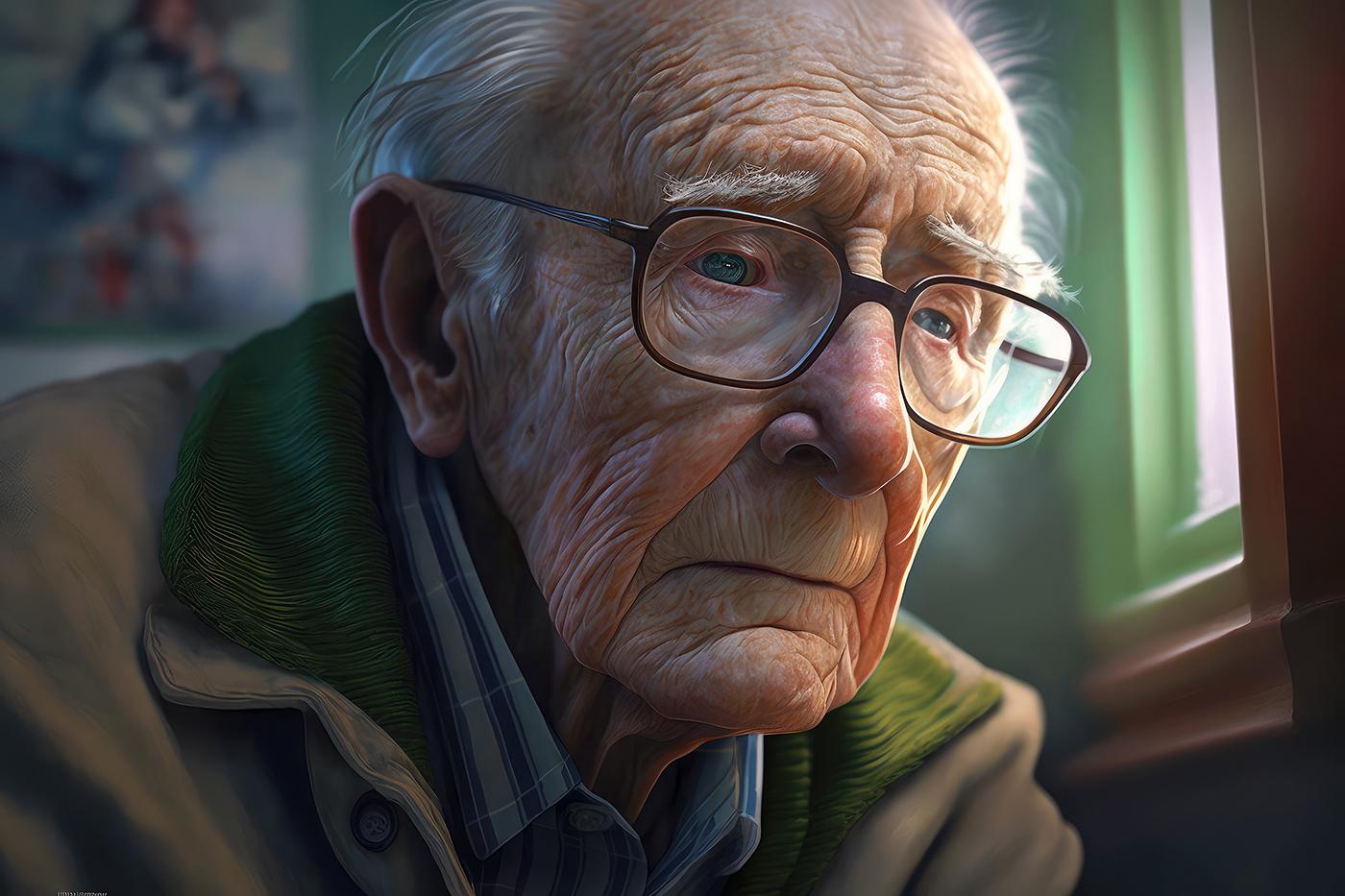Why Do People with Dementia Take Their Clothes Off in Public?

Why do people with dementia take their clothes off in public?
If you’ve ever been a parent to a toddler or taken care of one, you know how difficult it can be to get your toddler to put his clothes on and keep them on. It seems every time you leave the house you have to explain to your child why he must wear clothes while out in public. And still, your child will try to take off his shoes, jacket or other apparel he just doesn’t feel like wearing anymore.
If you’re caring for a loved one with dementia, you might be experiencing some déjà vu in the clothing department. Your loved one might try to take her clothes off in public or at inopportune times. You try to reason with her and tell her when and where she must wear clothes, but your reasoning doesn’t seem to register. She tries to disrobe anyway.
While inconvenient, frustrating and often embarrassing, the tendency for those who are living with dementia to take off their clothes in public can be common. And while this may mimic toddler behavior in some ways, those who are living with dementia are not trying to practice their will or test their caregivers. They are taking off their clothes for different reasons, and their motivation is usually very innocent. With dementia comes the loss of inhibition, confusion, disorientation and other reasons your loved one may think they are in a place where taking off their clothes is ok.
Some types of dementia like frontotemporal dementia directly affect the frontal lobes of the brain. This part of the brain controls our social behavior—what’s ok and what’s not ok to do, especially in public. As this area of the brain deteriorates, so does someone’s inhibitions. This can lead to a number of inappropriate social behaviors, including disrobing.
But even if your loved one doesn’t have frontotemporal dementia, other factors could be affecting his inhibitions and ability to know when and where he should be wearing clothes.
Why does my loved one with dementia take his clothes off?
According to the dementia association of Australia, someone who is living with dementia may feel the urge to take off his clothes for a number of reasons, including:
How can I get my loved one to keep her clothes on?
As a caregiver, you may feel exhausted with your loved one trying to take off his clothes in inappropriate places. You may feel tempted not to take him out anymore because you’re at a loss for what to do and feel powerless in public settings.
The most important thing you can do when your loved one tries to disrobe in public is try and understand why. Consider the list above. Could these be any of the reasons your loved one is taking off her clothes? Is she hot or uncomfortable? Does she need to go to the bathroom? Is she confused about where she is or what time of day it is?
When you understand why your loved one is taking off her clothes, then you can respond accordingly.
Once you understand the why behind the behavior, then you can start to preemptively prevent it by preparing for every outing. Here are a few things to consider before going out in public to ensure your loved one stays clothed for the entire outing:
Geropsychologist Dr. Natali Edmonds encourages caregivers to stay curious when it comes to challenging behaviors in their loved ones. Rather than labeling what your loved one is doing is “offensive” or “inappropriate,” use this behavior as an opportunity to learn more about your loved one and where she might be coming from. Assuming a posture of curiosity rather than judgment will help you have more patience for your loved one and will help distance you from your frustrated or anxious emotions, so you can decide what your loved one really needs at that moment, whether it’s a change of clothes, a nap or a trip to the bathroom.
Caring for someone with dementia is difficult. But remember when you are having a hard time with your loved one, she is probably having a hard time too. She might feel confused, disoriented or uncomfortable. Ask yourself why she might be engaging in this behavior before reacting. Then respond accordingly, assuming a posture of curiosity rather than judgment.





